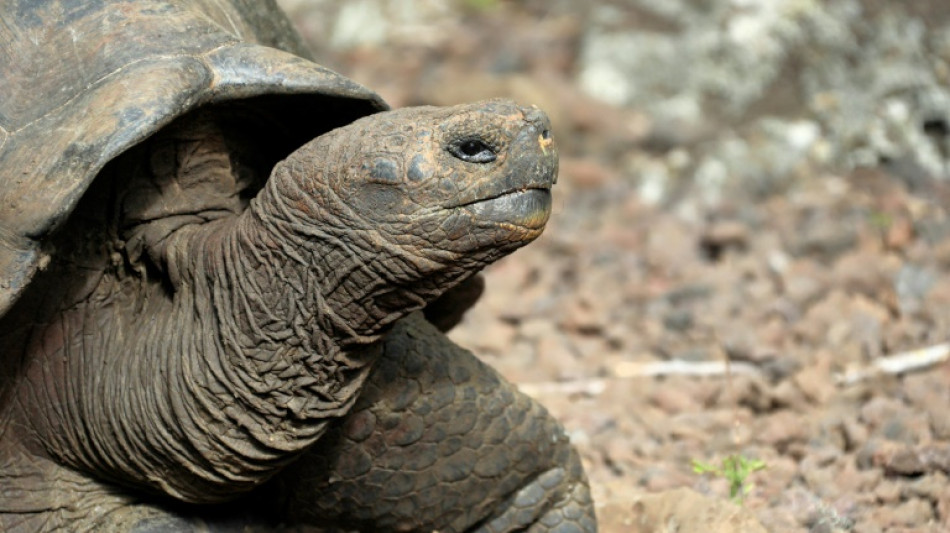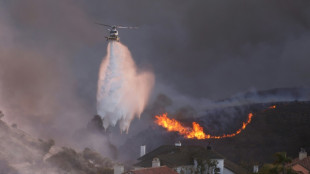

Ecuador investigates killing of four Galapagois giant tortoises
Prosecutors in Ecuador on Monday announced an investigation into the alleged hunting and killing of four giant tortoises on the Galapagos Islands, a unique and fragile ecosystem considered a world heritage site.
The prosecutor's office said on Twitter it was investigating the "suspected hunting and killing of four giant tortoises in the Galapagos National Park wetland complex."
A unit that specializes in environmental crimes is collecting testimonies from national park agents and appointing experts to carry out autopsies on the tortoises.
The park management has filed a complaint over the death of the animals, the Environment Ministry said on its WhatsApp channel.
The ministry did not specify which species the four tortoises belonged to, but said they had been hunted in the wetlands of Isabela Island, located 1,000 kilometers (600 miles) from the coast of Ecuador in the Pacific Ocean.
Hunting wild animals is punishable by up to three years in prison in Ecuador.
In 2019, a man who rammed a tortoise and damaged its shell was fined $11,000. That same year, another driver had to pay over $15,000 for running over and killing a native Galapagos iguana.
With an area of more than 4,500 square kilometers (1,800 square miles), Isabela is the largest island in the archipelago, and makes up 60 percent of the land surface of the remote oceanic chain.
The Galapagos archipelago is designated as a biosphere reserve for its unique flora and fauna. It was once home to 15 species of tortoises, three of which went extinct centuries ago, according to the Galapagos National Park.
In 2019, a tortoise of the species Chelonoidis phantastica was discovered on the island, more than a century after its supposed extinction.
P.Russo--IM




